What Can Injury Teach You?
The recipe for a healthy yoga practice is easy. Tailor your yoga practice to meet your current needs, and recognize that needs differ from day to day. In The Heart of Yoga, Sri T. Krishnamacharya writes that, “It is not that each person needs to accommodate him or herself to yoga, but rather the yoga practice must be tailored to fit each person.” If you are healthy and well rested, you approach yoga differently than if you are tired, and even more distinctly if you under the weather or injured. So, when tired, exert less energy and rest when fatigued. If you have tight muscles, use props likes blocks, straps, and bolsters for assistance. Be careful when it is hot to not get lulled into a false sense of flexibility.
We are, however, all human and occasionally we get injured. The real lessons from yoga are how you deal with injury. First, stop berating yourself for being injured or wallowing in your misfortune. Accept your body exactly where it is today, and then practice as mindfully as possible. Start by observing how you feel, without judgment, and then adjust your yoga practice accordingly. If you are not feeling your best, challenge yourself to try something new like a Restorative or Yin Yoga class, and feel freer to rest and use props. If you are not up to a yoga class, you can still practice yoga. Close your eyes, focus on your breathing, and carve out some time to meditate – even in your car for five minutes.
Dealing calmly and thoughtfully with obstacles in your yoga practice will enable you to deal with hurdles in your life. Your yoga practice, and especially an injury or physical challenge, will help you prepare to confront life’s inevitable obstacles wisely, safely, and with grace. So instead of being depressed or down on yourself over an injury, think of it as a life lesson.


Connect with us